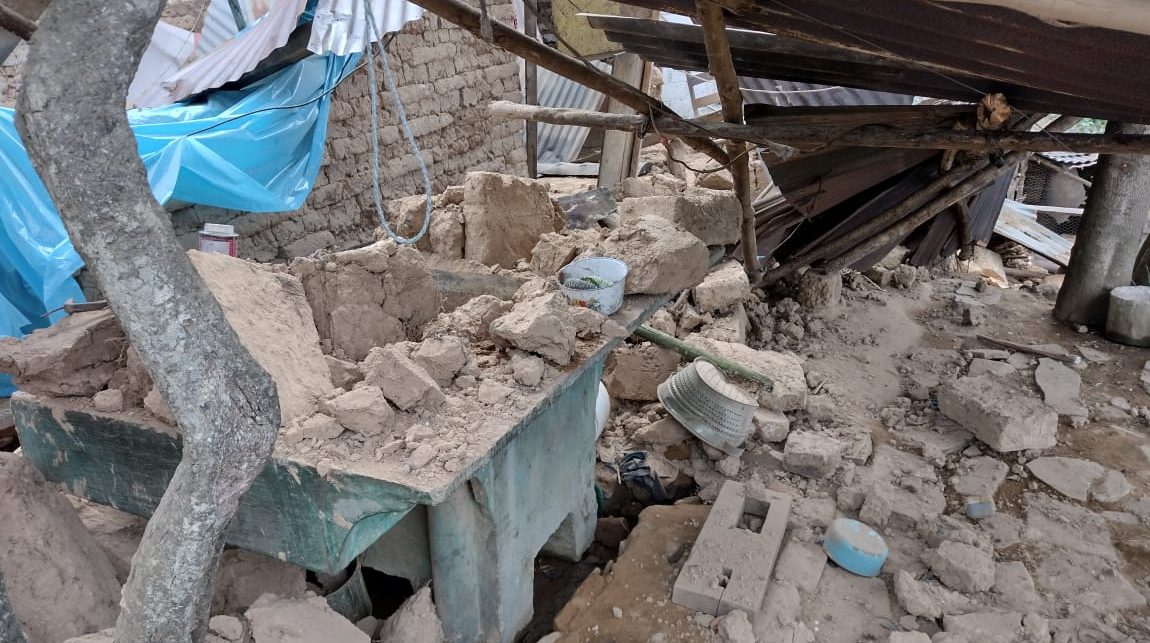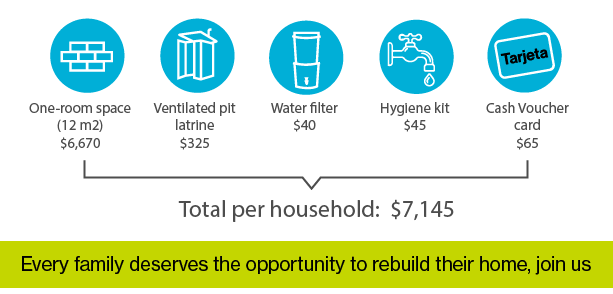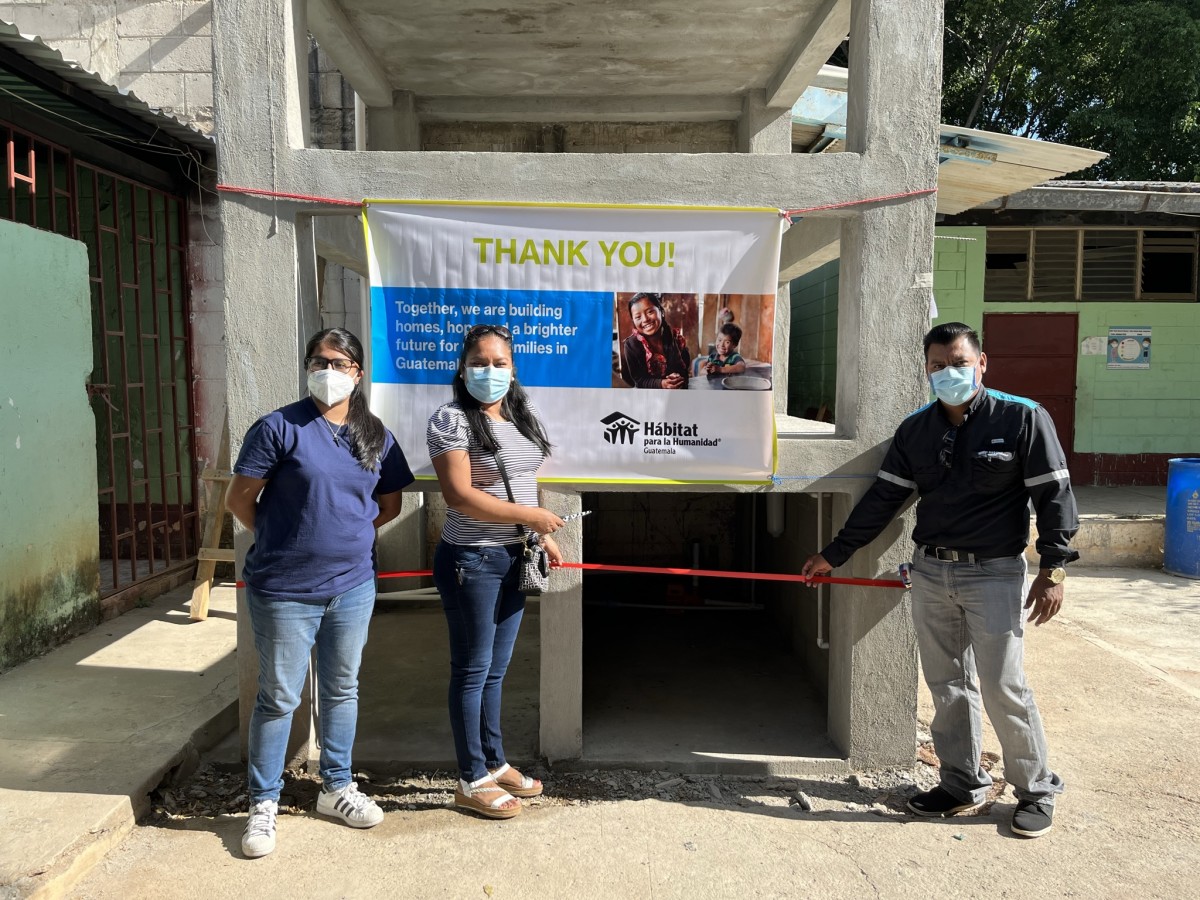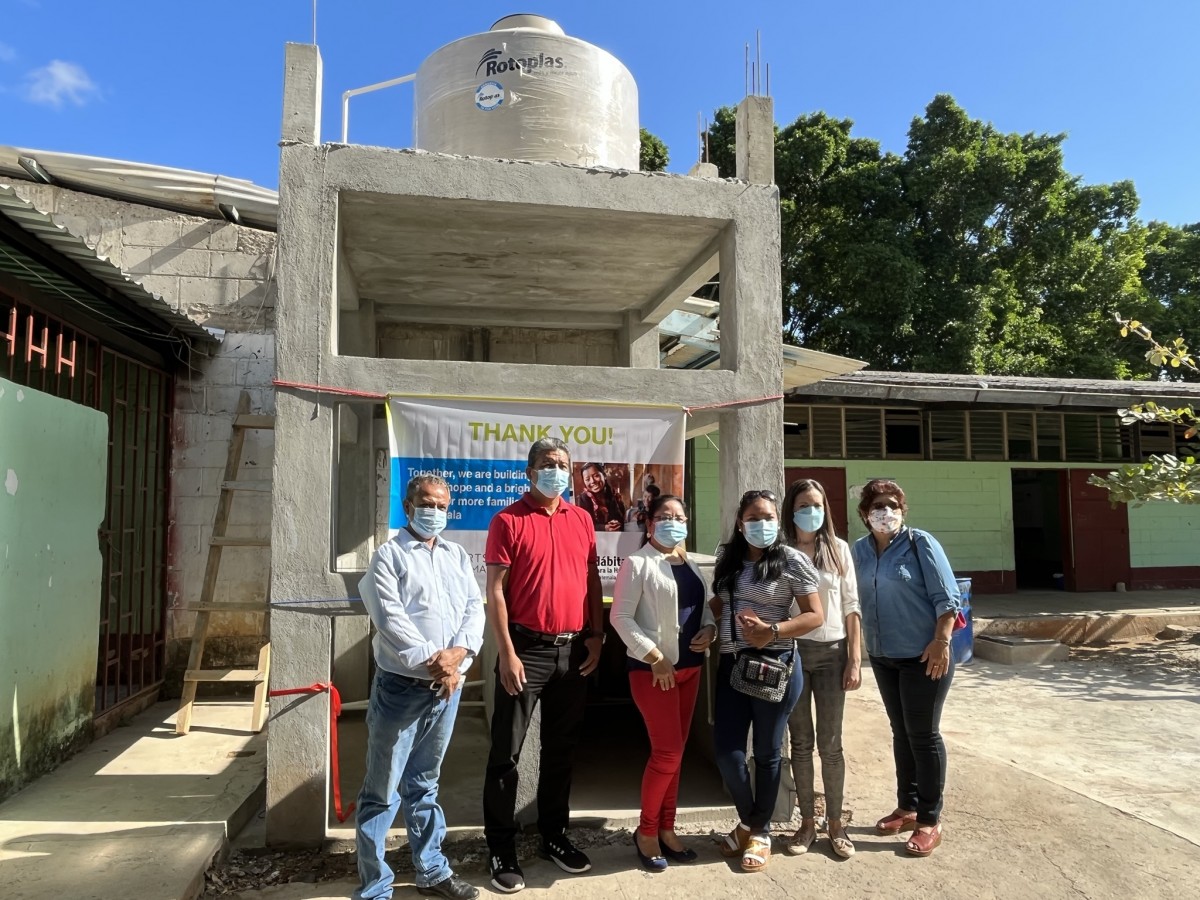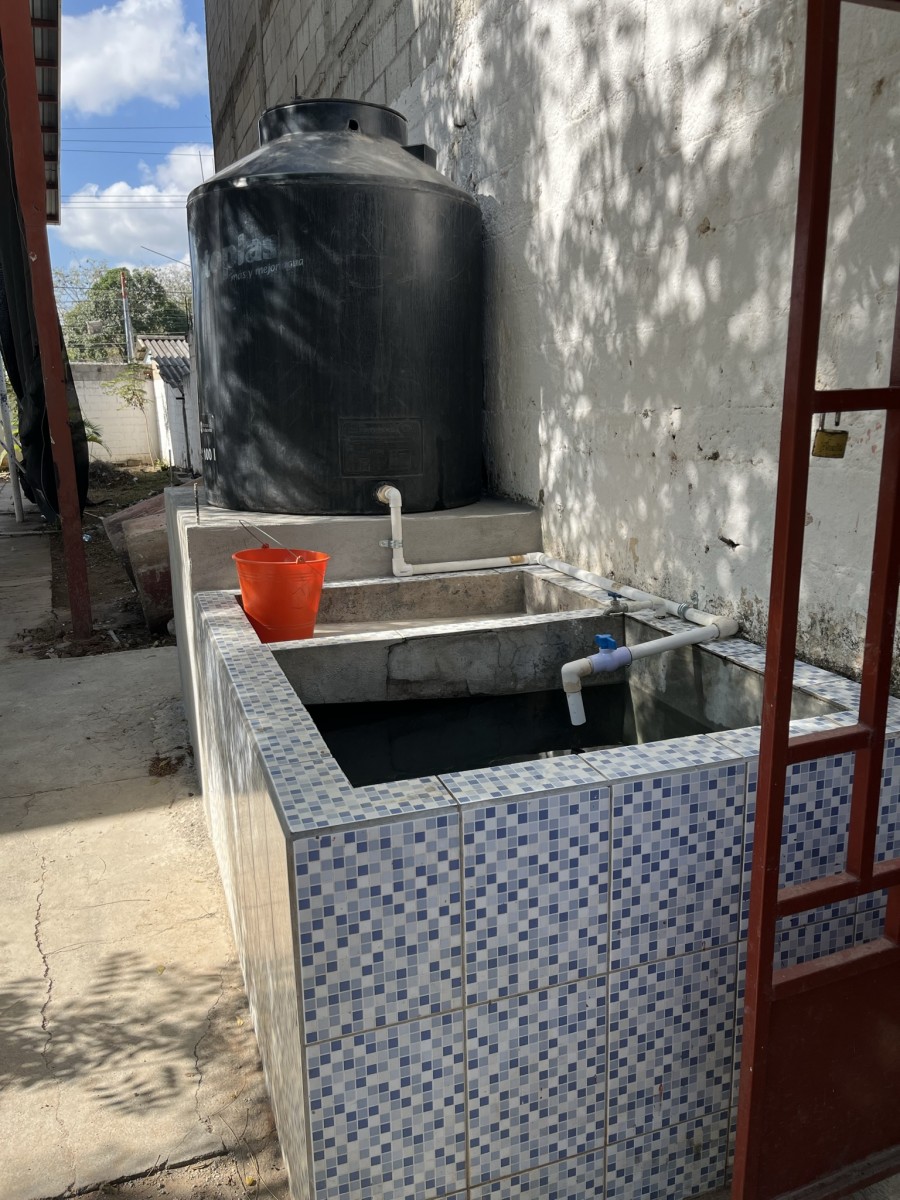#meet our partners – Let hope begin here
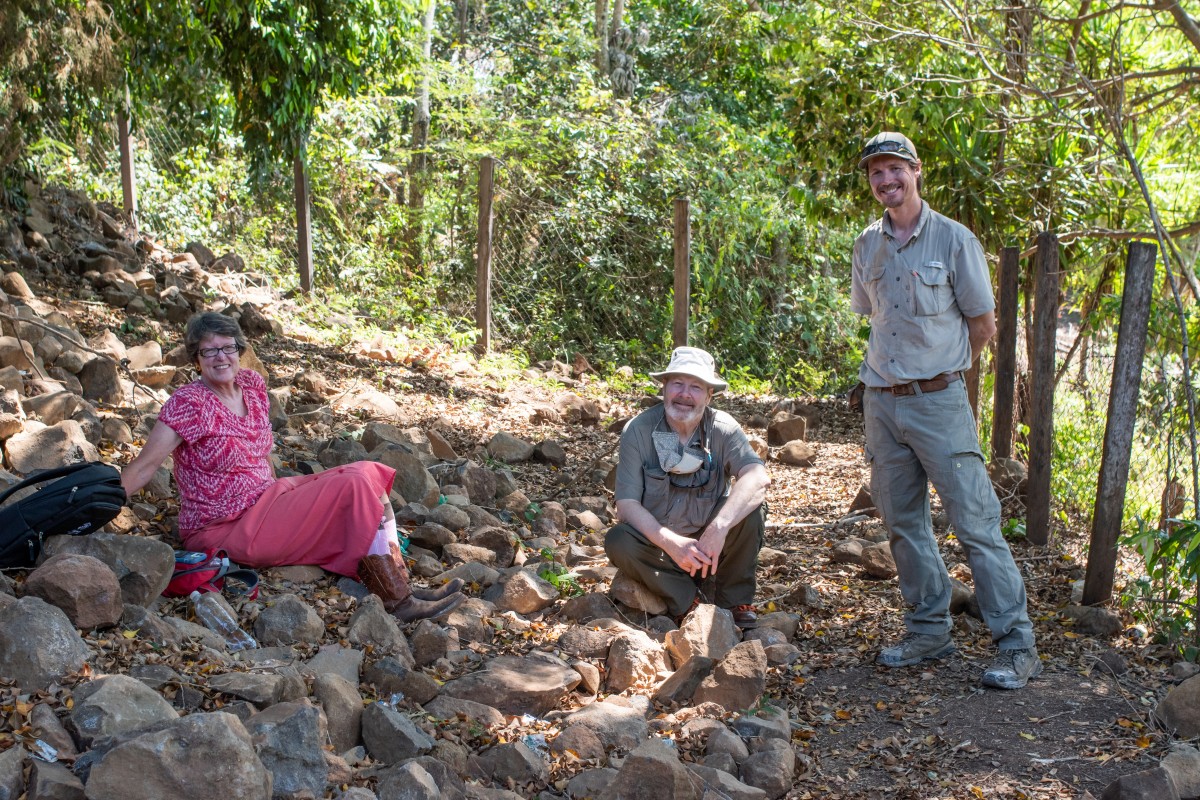
In the community of Guayabales, Chiquimulilla, Santa Rosa, under the shade of two trees, with the rocks serving as seats and accompanied by a gentle breeze, we talked with Scott and Jane, who shared the story of how Let Hope Begin Here Guatemala was founded and what these past 15 years have been like.
Let Hope Begin Here Guatemala started 15 years ago when Scott Robertson was looking for opportunities to support a local orphanage. He met with a government official during a holiday. “This is what I call a “what are the chances” story”, –Scott said– “I asked him one of the most important questions of my life: What can I do for you? What would you like to do for your people?” He brought back a letter from a village asking for support.
This marked the beginning of the journey to Guayabales. On the first visit, the entire community was waiting for them, because no one had been willing to help them in the past. Octaviano, the Major of the community, identified the following needs as priorities: 1. an economic program for the women, 2. health care for the women and children and 3. a technical vocational school to educate the children out of poverty. And so, Scott began the process of finding other good people and organizations that had the same vision.
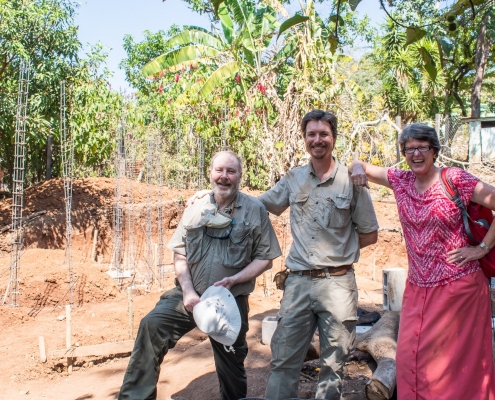
Scott and Jane had known each other since childhood because their parents went to college together. Even when they moved to separate towns, their parents always exchanged Christmas cards. Jane traveled to Guatemala and fell in love with the country, so in one of the Christmas cards, Jane found out about Scott’s work in Guatemala and contacted him. After learning about the help needed for Guayabales, she invited her son to participate in this project. On their first trip to Guayabales, they brought construction materials to build a new roof in the community school. “The metal sheet was bouncing on the back of the truck and everyone said, Yay! It´s real! It´s real! and everyone in the village started helping”, recalls Jane.
They recall that one of the main requests Octaviano had been: “Do not come up and do it for us. Come and teach us so we can do it for ourselves”. That’s what Let Hope Begin Here Guatemala did. The organization provided funds and experts. The community provided the labor and willingness to learn. Since then, Let Hope Begin Here Guatemala, works alongside the community and has supported Guayabales with a rainwater catchment system, a water purification system, a single line bridge, a series of training, and plenty more meaningful interventions to make Guayabales a self–sustained community.
about our partnership
In January 2022, Let Hope Begin Here Guatemala partnered with Habitat for Humanity Guatemala to build a teacher’s home . Like many of the communities in rural Guatemala, access to Guayabales is not easy. The road is in poor condition and during the rainy season, access is difficult. Scott explains; “this house is a solution to the problem of being able to keep teachers for the full school year due to difficulty accessing the community. The teachers currently travel by motorcycle in the raining season. By the time they get there it’s time to go back home, so the children are only getting educated one or two days a week and are getting further and further behind in their education”.
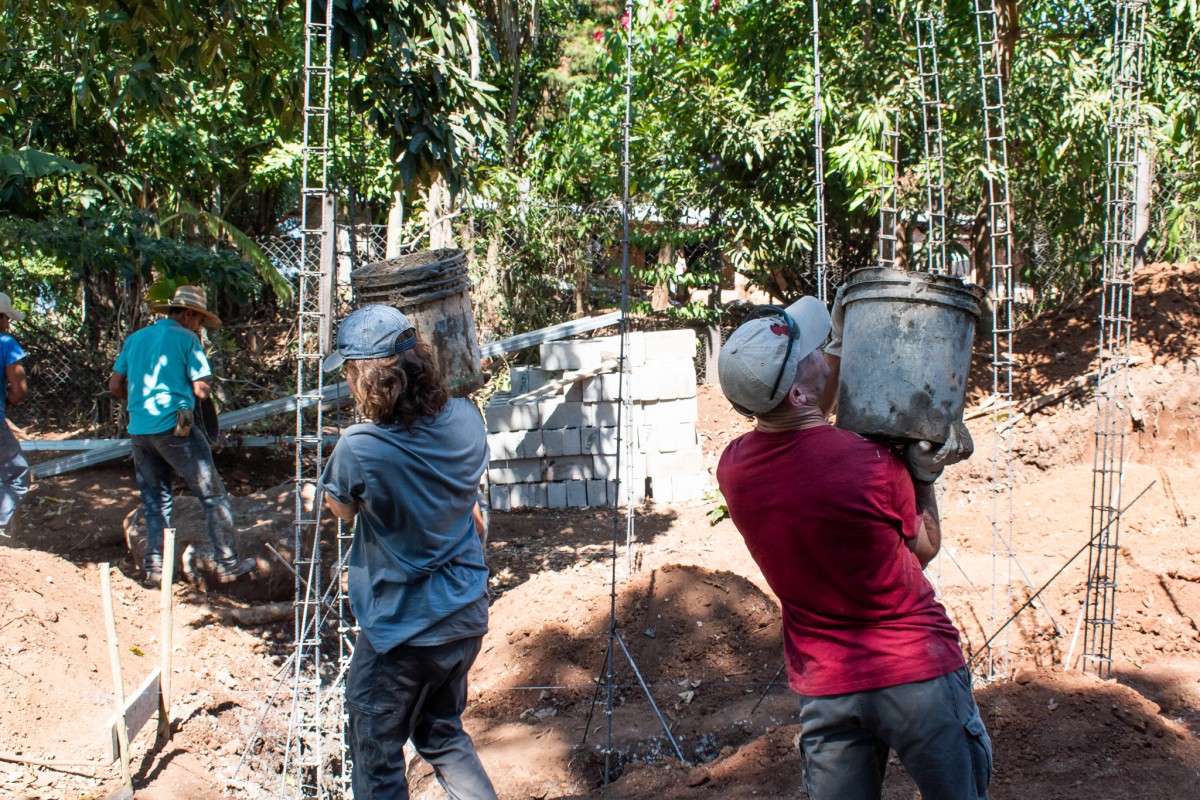
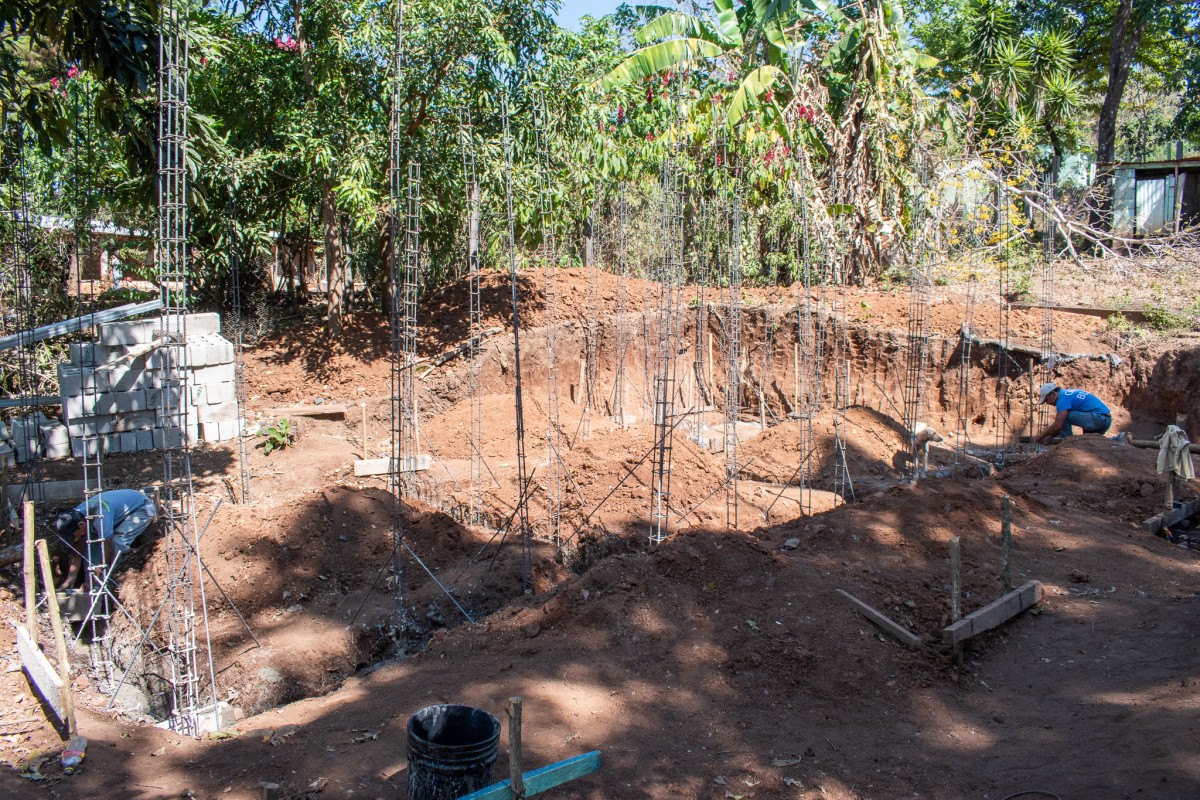
What does this project and the community mean to you?
Jane smiles and answers: “I think everything! It seems to me that you cannot help them enough, their needs and aspirations are endless, and the most valuable we can do is provide them solutions to sustain themselves, because I am not going to be around for that much longer”. We are seeing kids grow up! We have met them since they were little kids.”.
Scott adds: “Our work is to teach them well and put ourselves out of the job to help them get to the point where they can do it by themselves”. It is complicated to explain in words what something means which doesn’t have words, but when people come, they know. And after 15 years, the one thing that we have is credibility, they know we listen, they know we care and they know we will respond “.
Final message to our donors, volunteers and partners
“As John Stuart Mill said, ‘The only thing necessary for the triumph of evil is for good men to do nothing´, so, I don’t want to be that type of men”. – Scott Robertson.
“With this house we hope we will have been a life-changing impact for the whole community here”. – Jane Ragsdale.
“Next to your love, your work is the most powerful thing that you can give to someone else. Your work is what you have to give and it is the most powerful way to show your love”. – Mitch Mitchel.
“The support of Let Hope Begin Here Guatemala, has been of great blessing for all of us. We have felt very blessed by God. God has listened to us and heard our requests. We feel very grateful for all the support. We know that we are not alone, that there is someone who is looking out for us”. – Octaviano Santos (Mayor of Guayabales).
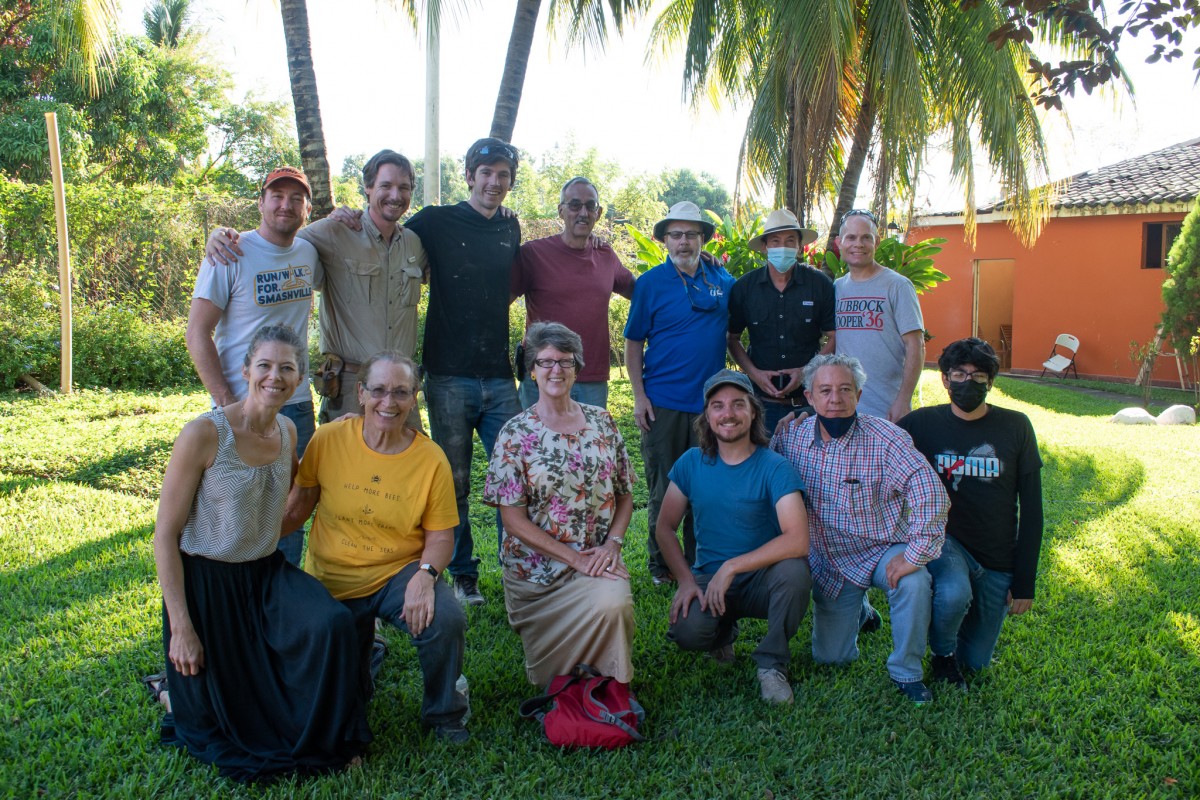
Habitat for Humanity Guatemala is grateful to take part in these partnerships that continue to contribute to the construction of a better Guatemala!

